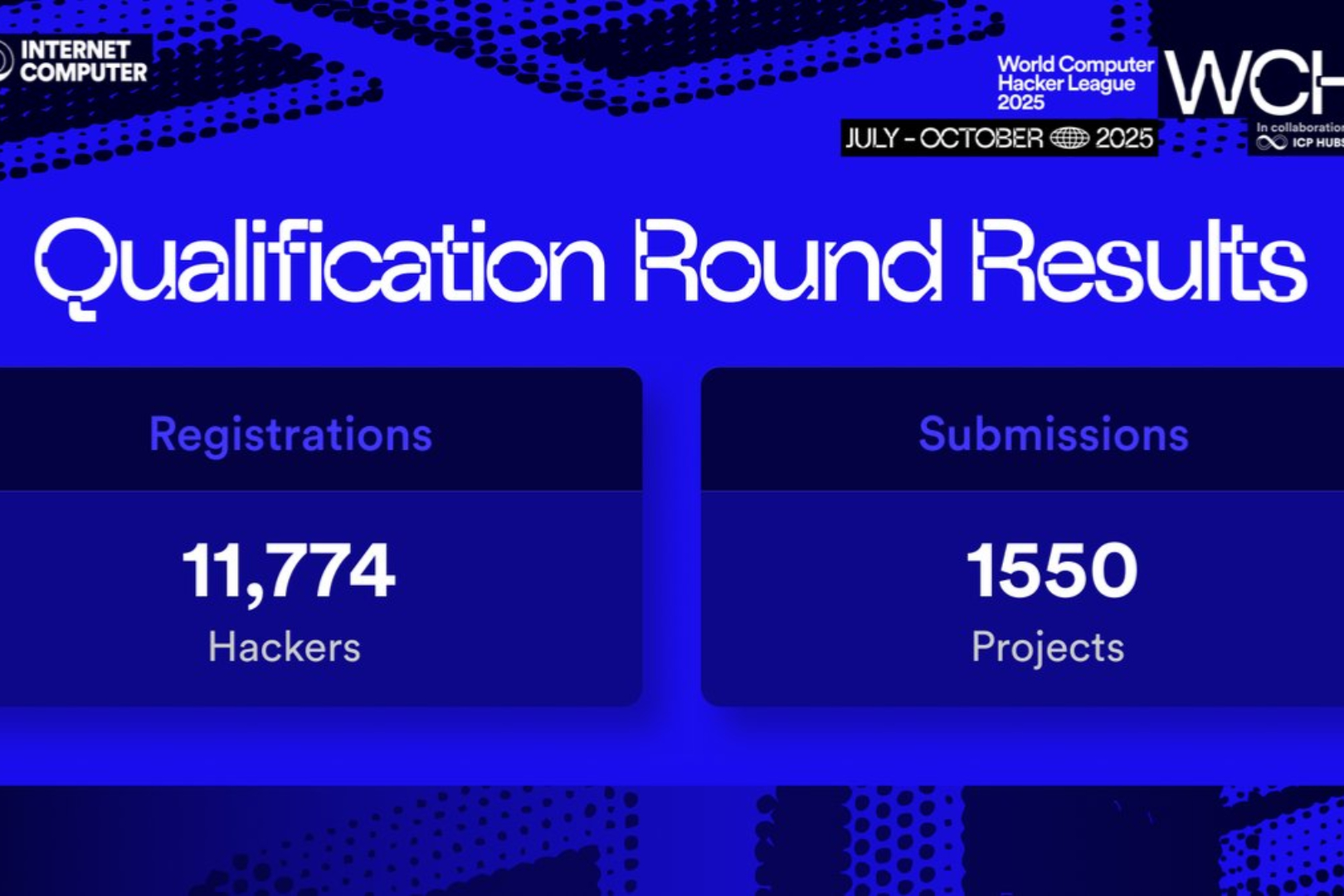Wu said the author|Colin Wu
Editor of this issue | Colin Wu
Wu said the author|Colin Wu
Editor of this issue | Colin Wu
ByBit, the world's largest professional derivatives exchange, is facing severe regulation. This company, known for its conservativeness, chose to aggressively enter DeFi in an all-round way. Billions of dollars a year in cryptocurrency are being injected into smart contracts, and it is recruiting heavily in places like Singapore and Shanghai. Does it have a grand DeFi ambition to rebuild a BSC, or is it just for transferring assets?
On June 6, Bybit, the world's largest professional derivatives exchange, announced that BitDAO, a decentralized autonomous organization aimed at promoting the development of open finance, announced the completion of $230 million in financing, led by Peter Thiel, Founders Fund, Pantera Capital and Dragonfly Capital .
Bybit has promised to contribute 0.025% of its futures contract trading volume revenue to BitDAO's treasury, which is expected to exceed $1 billion per year based on revenue from January to May this year.
Bybit’s donation has already started. On July 26, it announced a donation of about 19.3 million US dollars, and on August 9 it announced a donation of about 47.2 million US dollars. On the BitDAO website, actual donations occur every day, mainly in ETH, followed by USDC and USDT. Bybit's fee rate is 0.075%, but generally rebates are given to users or order takers, so it can be said that Bybit almost injected nearly half of its profits into this so-called "decentralized" organization.
On August 10, BitDAO finally launched the first step in the DeFi ecosystem. It announced that it will cooperate with Sushi MISO to release the platform Token BIT, and 200 million tokens will be auctioned in the Dutch auction. To some extent, this can be regarded as Bybit's platform token.
What is the goal of Bybit?
Bybit CEO explained somewhat mysteriously in an interview with Decrypt: "If we want to turn our business from billions to trillions, we cannot exist in the form of a company, but in the form of a 'social phenomenon'." He also confessed , (in the face of regulation) we really can't do anything, but this also illustrates the importance of decentralized exchanges. "
BitDAO's governance is based on its native token, BIT, and is completely decentralized. The total token supply of BIT is fixed at 10 billion tokens, and the distribution ratio is as follows:
30% will be held by treasury to facilitate ecosystem swaps
5% will be distributed through private sales
30% will be held by treasury to facilitate ecosystem swaps
5% will be distributed through private sales
5% will be given as a reward to initial partners at project launch
60% will be allocated to Bybit to establish a research and development center to support BitDAO and support Bybit growth (which in turn, can help BitDAO treasury grow). Among them, 15% of the token supply can be used immediately, and the remaining 45% of the token supply will be locked for 1 year and gradually released within 2 years after the lock-up period ends.
It can be seen from this that more than 80% of BitDAO's tokens will be controlled by Bybit, and the so-called "complete decentralization" is naturally impossible.
Under the gorgeous rhetoric, the purpose of Bybit is very simple. The first one is to build a "decentralized version of Bybit", which will be similar to BSC's decentralized exchange Pancake, which is known as Binance's internal product.
Another mainstream speculation is that Bybit releases huge profits into a self-controlled, non-corporate entity DAO, which may avoid many future tax, financial, and legal disputes. If the location imposes heavy taxes on derivatives exchanges, this form of donation can avoid taxation or supervision to a certain extent financially.
Can Bybit evade regulation?
Bybit was founded by the foreign exchange team in Shanghai in the early days. It relies on pixel-level imitation of BitMEX, cooperates with high rebates, and overseas KOLs bring orders, focusing on overseas retail markets. As BitMEX failed to respond to supervision, it was "hammered" by US regulators. Bybit also took advantage of the momentum. At present, the trading volume of derivatives ranks among the top five, with annual profits reaching billions of dollars.
However, the profiteering of derivatives is by no means a long-term solution, and its "casino" attribute for retail investors has been severely cracked down by regulatory authorities in various countries. So far, Japan, the United Kingdom, and Canada have issued warnings to Bybit. Although Binance is high-profile and bears more pressure, Binance's advantages in the spot field allow it to still take the compliance route, while the compliance route of Bybit derivatives is almost impossible to achieve, so trying to pass Comprehensive DeFiization, find another new path.
But the question is, can transforming into so-called DeFi really evade supervision? People in the industry are generally pessimistic about this. The regulation of DeFi in the United States and other countries is intensifying.
On August 6, the US SEC issued the first charge against the DeFi project, accusing two Florida men and their Cayman Islands company of using smart contracts and so-called "decentralized finance" (DeFi) technology to sell more than $30 million in securities without registration , and mislead investors about their business DeFi money market in terms of operations and profitability.
According to the official website of the US SEC, Gregory Keough, Derek Acree and their company Blockchain Credit Partners issued and sold securities through the DeFi Money Market in an unregistered manner from February 2020 to February 2021, and found that they used smart contracts to sell two Types of Tokens: mToken, which can be purchased with a specified cryptocurrency and pays 6.25% interest, and DMG, which purportedly grants holders certain voting rights, a share of excess profits, and the ability to profit from the resale of DMG governance tokens Governance tokens.
U.S. Commodity Futures Trading Commissioner Berkowitz’s words are even sharper: I not only think that unlicensed DeFi derivatives markets are a’bad idea’, I even think they are illegal under the (Commodity Exchange Act).
With reference to Uniswap’s delisting of some Tokens, it caused huge controversy, which may mean the beginning of “DeFi supervision”
It is reported that Bybit is currently recruiting a large number of employees at home and abroad to enter DeFi. In the future, BitDAO will have more actions. The first step is the issuance of platform tokens. It is also reasonable to make the next Pancake or BSC. But rationally speaking, DeFi and DEX "after makeup" of centralized exchanges do not seem to be outside the law. What's more, Bybit's public transfer of huge funds also makes this BitDAO seem to be indistinguishable from centralized exchanges in the eyes of regulators.
Another problem lies in the contradiction between centralization and decentralization. When Bybit issues platform currency, whether the legal relationship between them can be clarified, and whether it will attract the attention of regulators; whether such a huge amount of funds will be transferred to tax avoidance, will there be tax and legal risks; how will BitDAO prove in the future that it is under the control of Bybit? Still a decentralized organization? Even back to the starting point of the question, is the decentralization in disguise really decentralization? If it is not really decentralized, what is the difference from a centralized exchange?
The latest draft of the International Financial Action Task Force on Anti-Money Laundering states that if a service provides virtual asset services, even if the service can operate independently from the organization in the future, the organization is still a virtual asset service provider and needs to be regulated. This means that even if an organization only creates the code of a smart contract, it should be regulated as a virtual asset service provider. As far as Defi is concerned, KYC needs to be carried out for each user participating in Defi transactions. Of course, this draft is also very controversial.
In any case, Bybit did not repeat the conservative and imitative route in the early stage this time, but chose a radical direction. Although it is only like an in vitro vault, how the direction will be implemented is still very vague, but the release of the platform currency is still the first step.
Due to the experience in the foreign exchange industry, the Bybit team often responds to regulations in advance. An example is the announcement of a complete withdrawal from China in 2020. At this time, whether it is transferring assets or investing in DeFi, it seems that they are also preparing for the upcoming "storm". (The header picture is from BTCmanager)
2、https://www.chainnews.com/articles/567371060997.htm





